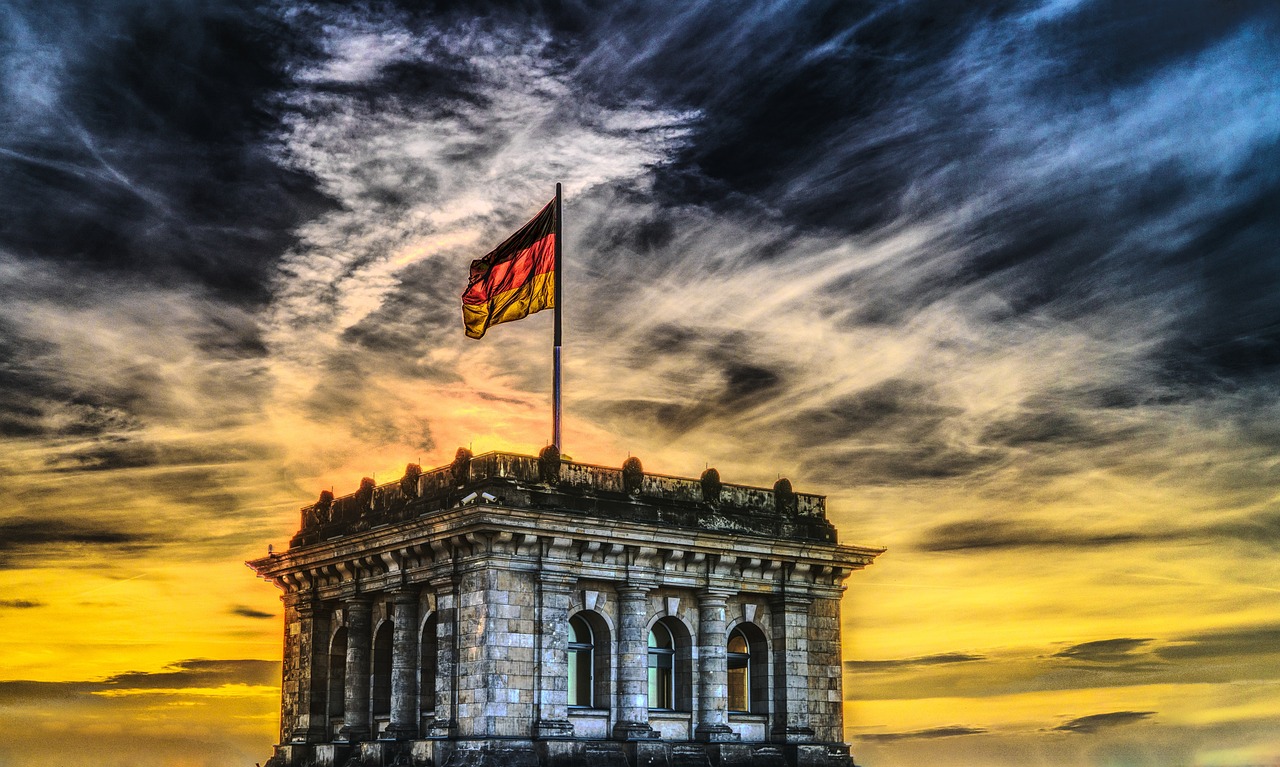
Negative prophecies have multiplied in recent months and Cassandra has been confirmed. The German economy has fallen into recession – although it overtook Japan's economy last year and now ranks third in GDP in the world after the United States and China. What's worse is that emerging from recession this year should not be taken seriously. The government itself also revised the growth target in 2024 from 1.3% to a marginal 0.2%.
The worst thing about the Berlin government, charged with managing a multi-faceted and multi-layered economic crisis, is that it shows no image of unity. This should not be surprising, of course, because the three parties that make it up (the Social Democrats, the Greens, and the Free Democrats) have very different ideological and political origins. There are disagreements between the Social Democrats and the Greens on the one hand and the Free Democrats on the other over principles that hardly prevent or at least make it very difficult for the Solz government to make decisions.
Japan lost its position as the third largest economy, and was overtaken by Germany
In other words, the three-party government rests on two ideological and political pillars. This duality is also reflected in the government's financial staff – the most important in the current situation – and prevents decision-making. The two opposing economic schools are represented by ultra-liberal Finance Minister Christian Lindner and Green Economy Minister Robert Habeck.
“Perfect storm”
Germany's economic leaders have been asked to untie the Gordian knot that would put the country back on a growth path. The tangle of intractable problems is very large, and this was demonstrated in a public meeting held by the two men last Wednesday in Leipzig.
“The situation is very bad,” Robert Habeck said. According to the “Green” Minister, a perfect storm is being prepared through the collision of three dark clouds: the increase in military spending, which will exceed 100 billion euros, the increase in energy prices, and the situation in China, whose exporters of raw materials the Germans depend on. .
Regarding continued aid to Ukraine and increased government spending, there are no political or ideological differences between Habeck and Lindner. Both also agree that the country must move toward weaning itself off Russian energy and Chinese raw materials. Their disagreement concerns the path the government should follow to achieve these goals. Where will he find the money?
Two economic schools
Green Habeck believes that it is important to abolish the famous “debt brake” immediately. The constitutional obligation inspired by Schäuble is disciplined budgets and limits on the ability of German governments to borrow money and invest. Hambeck's fellow Social Democrats, including Chancellor Solz, agree with these positions (without flaunting them so as not to exacerbate polarization).
For Lindner, a liberal, the priority is to reduce bureaucracy, which “serves as a barrier to business investment.” He also believes that efforts should be made to reduce government spending wherever possible.
In other words, the typical conflict over fiscal discipline is reflected at the internal governmental level through conservative management of existing resources on the one hand and increasing the pool of available resources on the other hand through a more relaxed view of fiscal volumes and money in general. .
But while the two ministers, despite their agreement on the diagnosis, disagreed on the treatment of the problem, the patient's condition deteriorated significantly. This is also the finding of Hambeck, who argues that the urgency of the situation demands solutions that come to fruition faster and do not have major social impacts.
Because unemployment may have closed at the socially and politically acceptable rate of 5.8% in 2023 (less than 5% is considered in conditions of full employment in the economy), but lower production (-0.7%), private consumption (-0.8%) and exports (-0.2 %) portends more layoffs and a general decline in employment.
The specter of deindustrialization
“In key sectors such as chemicals, real estate and automobiles, layoff announcements follow one another,” Les Echos correspondent Nathalie Stiver reports from Berlin. Just on Wednesday, auto parts maker Continental increased the 5,000 job cuts it announced in November by 1,750.
“At Continental's rival ZF, labor unrest is escalating as management announced the closure of two of the company's plants in Germany while moving a third production facility to the U.S. The third-largest auto parts company, Bosch, also announced 3,000 job cuts,” Stiver adds.
In the chemicals sector, which is also important for German industry and exports, there are cuts in production and staff. For several months, BASF has been in the process of reducing its production, while home appliance manufacturer Miele recently announced that it will in the future manufacture its washing machines in neighboring Poland.
The sharp rise in energy costs as a result of the war in Ukraine and the sanctions imposed on Russia has forced many German export groups to consider moving their production abroad to salvage whatever competitive edge they can. Thus, Germany faced the specter of deindustrialization. “This is a structural disturbance, almost tectonic,” Johann Schonfelder, of the Boston Consulting Group, commented in his interview with the German magazine “WirtschaftsWoche.”

“Avid problem solver. Extreme social media junkie. Beer buff. Coffee guru. Internet geek. Travel ninja.”





More Stories
“Recycling – Changing the water heater”: the possibility of paying the financing to the institution once or partially
Libya: US General Meets Haftar Amid Tensions Between Governments
New tax exemption package and incentives for business and corporate mergers..